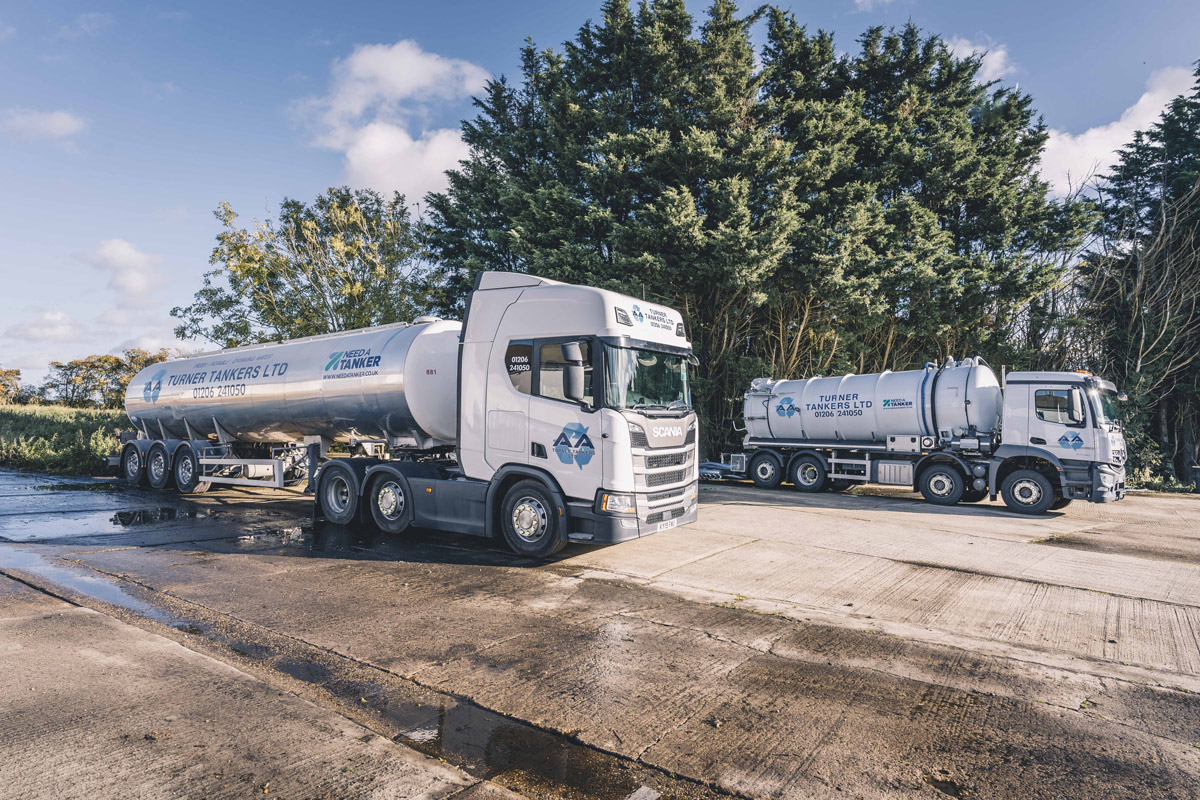All about Reclaim Waste
All about Reclaim Waste
Blog Article
Getting The Reclaim Waste To Work
Table of ContentsAll about Reclaim WasteAll about Reclaim Waste6 Easy Facts About Reclaim Waste ExplainedReclaim Waste Fundamentals ExplainedThe Greatest Guide To Reclaim Waste
Check out the types, events, and types of liquid waste. Residential sewage waste describes the waste and items from a domestic septic system. This kind of waste is produced by humans in residences, institutions, and various other buildings. This only consists of septic systems that have a drain area. The proper monitoring and disposal of domestic sewer waste need fluid waste to be moved to a sewage therapy plant where the appropriate approaches and devices are used to detoxify and dispose of waste.
Business waste typically includes prospective hazards, such as flammable products or a mix of fluid and solid waste items, and requires an advanced and comprehensive disposal process. The disposal of industrial waste commonly includes the filtration of waste prior to transport to make sure safe and appropriate disposal. Hazardous waste is created from by-products and drainage of industrial processes and production.
This type of waste can not utilize the very same sewer management transportation or procedures as septic or commercial fluids. The commercial waste monitoring procedure requires the evaluation and testing of fluid waste before it goes through the disposal procedure (industrial wastewater treatment). Runoff waste is the liquid waste that comes from drainage and excess stormwater in very booming locations or cities
Drainage waste can create contamination and flooding if not dealt with correctly. Discover more regarding sewer cleaning and waste management. Guaranteeing proper waste management can prevent disasters and reduce ecological injury. Both people in property settings and professionals in business or manufacturing markets can take advantage of recognizing the procedures and guidelines of liquid waste management.
Some Known Facts About Reclaim Waste.
Get in touch with PROS Services today to learn more about our waste administration and disposal solutions and the appropriate means to care for the fluid waste you generate.
(https://yoomark.com/content/httpsreclaimwastecomauservices)Do you know what takes place to your water when you draw the plug, flush the commode or drain pipes the washing equipment? No? Well, it's worth recognizing. This supposed 'wastewater' is not only an important resource however, after treatment, will certainly be released to our land, rivers or the ocean. Made use of water from commodes, showers, baths, cooking area sinks, laundries and industrial procedures is known as wastewater.

water used to cool down machinery or clean plant and tools). Stormwater, a type of wastewater, is drainage that flows from farming and urban areas such as roofs, parks, gardens, this hyperlink roadways, courses and rain gutters right into stormwater drains, after rain. Stormwater moves neglected straight to local creeks or rivers, at some point reaching the ocean.
The Only Guide to Reclaim Waste
In Queensland, most wastewater is treated at sewage therapy plants. Wastewater is transferred from residential or industrial sites through a system of drains and pump stations, referred to as sewage reticulation, to a sewer therapy plant. City governments construct, keep and run most sewer therapy plants. Operators are accredited under the Environmental Defense Act 1994 to release cured wastewater at an appropriate ecological requirement into waterways.
The Division of Natural Resources recommends city governments about managing, operating and keeping sewage systems and treatment plants. In unsewered areas, local governments might need owners to set up specific or house sewage treatment systems to deal with residential wastewater from commodes, kitchens, bathrooms and washings. The Department of Natural Resources authorizes making use of home systems when they are shown to be reliable.
In some brand-new subdivisions, treatment of some stormwater to eliminate litter, sand and crushed rock has actually begun making use of gross pollutant traps. Wastewater treatment occurs in 4 stages: Removes strong matter.
Wastewater after that moves into big tanks where solids clear up and are eliminated as sludge. Oil and residue are skimmed from the surface. Utilizes tiny living microorganisms recognizes as micro-organisms to damage down and eliminate staying liquified wastes and great particles. Micro-organisms and wastes are incorporated in the sludge. Removes nitrogen and phosphorus nutrients that could trigger algal blooms in our rivers and threaten aquatic life.
The Best Strategy To Use For Reclaim Waste
Nutrient removal is not available in any way sewer therapy plants since it calls for costly specialist equipment. It is coming to be a lot more common in Queensland. Clear fluid effluent generated after therapy might still consist of disease-causing micro-organisms. If this effluent is released into waterways such as rivers or the sea, the micro-organisms will eventually die out.

This typically implies wastewater has to be dealt with or pollutants eliminated before it can be discharged to rivers. A lot of wastewater streams into the sewage system. Under the Act, regional governments administer authorizations and permits for ecologically relevant tasks (Periods) entailing wastewater releases that might have a neighborhood effect. The department carries out approvals and permits to Ages involving wastewater launches that might have a local or statewide effect.
The 8-Minute Rule for Reclaim Waste
Monitoring supplies accurate info regarding water top quality and can validate that permit problems are being satisfied. The info acquired via surveillance gives the basis for making water top quality choices.
Report this page